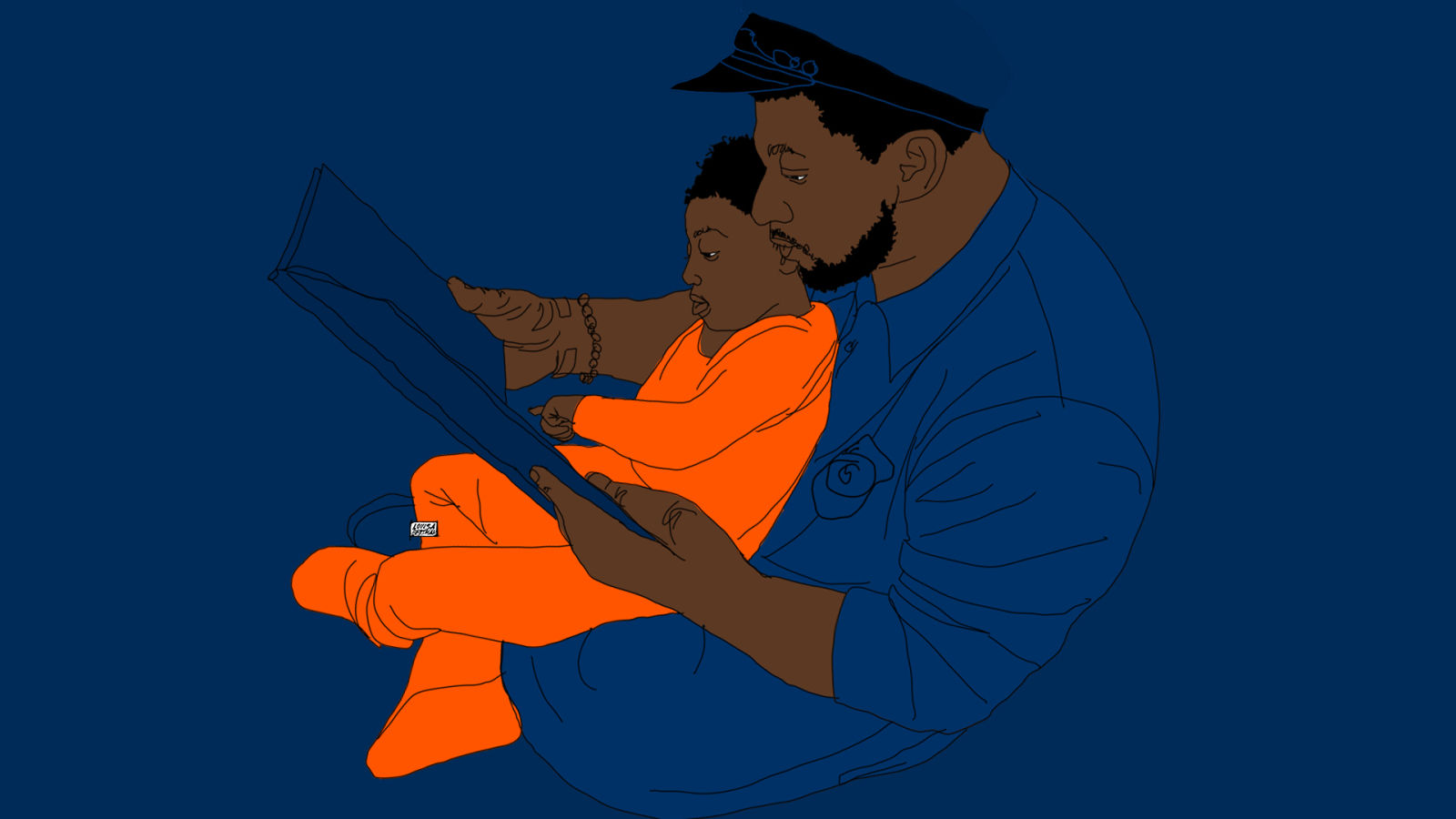King County wants to see all youth in our community happy, healthy, safe and thriving. Juvenile detention is a road block to this goal and generates urgency for us to do everything we can to build a holistic, trauma-informed juvenile justice system and work towards Zero Youth Detention.
Our Vision
The Michigan Juvenile Detention Association will continue to be a national leader in promoting and sustaining of exemplary juvenile detention, residential treatment, and community based services for youth and their families.
Our Mission
The Michigan Juvenile Detention Association is committed to the highest standard of professional ethics, overall excellence in the care and custody of youth, and the provision of services to their families.




















